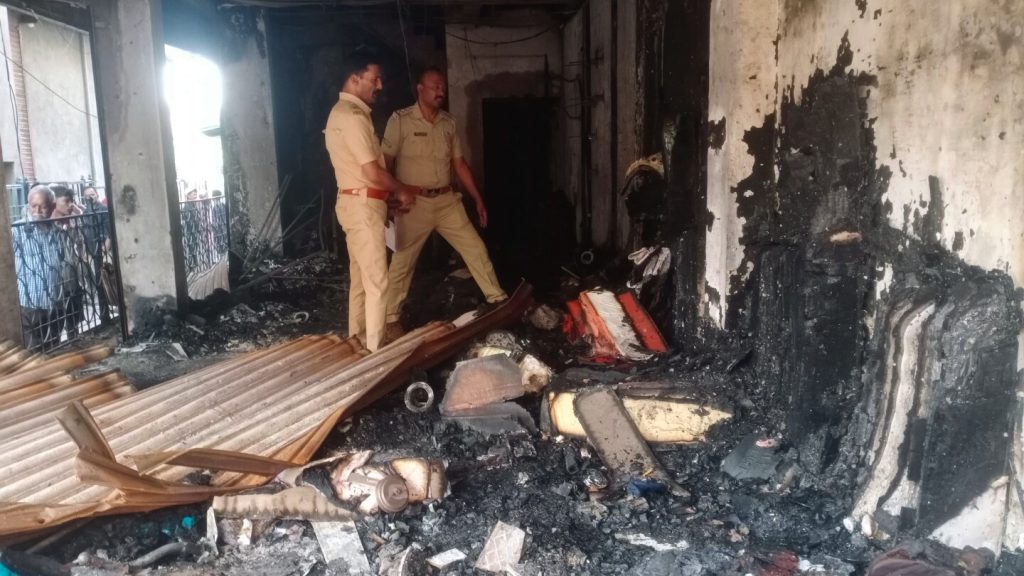The deadly fire in a tailoring shop in Aurangabad, India, claimed the lives of seven individuals, including two children, on Wednesday. The incident took place in the business district of the city, causing panic among residents. Initial reports suggest that the victims may have died from smoke inhalation, with authorities launching an investigation to determine the exact cause of the blaze. The tragedy occurred in Maharashtra state, located nearly 340 kilometers northeast of Mumbai, highlighting once again the lax enforcement of building laws and safety regulations in the country.
India has a history of devastating fires due to non-compliance with safety codes and regulations. In 2019, a fire caused by an electrical short circuit in the Indian capital resulted in the deaths of 43 people. Similarly, in 2022, a fire in a four-story commercial building in New Delhi claimed the lives of at least 27 individuals. These incidents underscore the urgent need for stricter enforcement of safety measures to prevent such tragedies from recurring. The high population density and rapid urbanization in India further exacerbate the risk of fires, making it imperative for authorities to address these issues and prioritize the safety of citizens.
The Aurangabad fire serves as a grim reminder of the dangers posed by substandard infrastructure and inadequate safety measures in the country. With residents and builders often flouting building laws, the risk of fires remains prevalent, leading to loss of life and property. The tragic loss of seven lives, including two children, in the tailoring shop fire underscores the urgent need for authorities to crack down on non-compliance with safety regulations and ensure that buildings adhere to proper fire safety standards. The incident highlights the importance of prioritizing safety and implementing stringent measures to prevent future tragedies.
The fire in Aurangabad has once again drawn attention to the challenges faced by India in ensuring the safety and well-being of its citizens. The incident has sparked calls for stricter enforcement of building codes and safety regulations to prevent similar tragedies in the future. As the country continues to grapple with the repercussions of lax safety standards, it is crucial for authorities to take decisive action and hold accountable those responsible for flouting regulations. The loss of seven lives in the tailoring shop fire serves as a tragic reminder of the human cost of negligence and the pressing need for enhanced safety measures.
Authorities in Aurangabad have launched an investigation to determine the cause of the deadly fire, with initial reports pointing to smoke inhalation as the likely cause of death for the victims. The blaze, which occurred in the bustling business district of the city, has sent shockwaves through the community, prompting calls for improved safety standards. The incident underscores the need for greater oversight and enforcement of building regulations to prevent such disasters from occurring. As the investigation unfolds, authorities must prioritize the safety of residents and take swift action to prevent similar incidents in the future.
In the wake of the tragic fire in Aurangabad, the Indian government must address the systemic issues that contribute to such disasters. From inadequate safety measures to non-compliance with building codes, the country faces numerous challenges in ensuring the well-being of its citizens. Urgent reforms are needed to strengthen fire safety regulations, improve building standards, and hold accountable those who prioritize profit over people’s lives. As the nation mourns the loss of seven lives in this latest tragedy, it is crucial for authorities to take concrete steps to prevent such incidents and prioritize the safety and security of all individuals.


